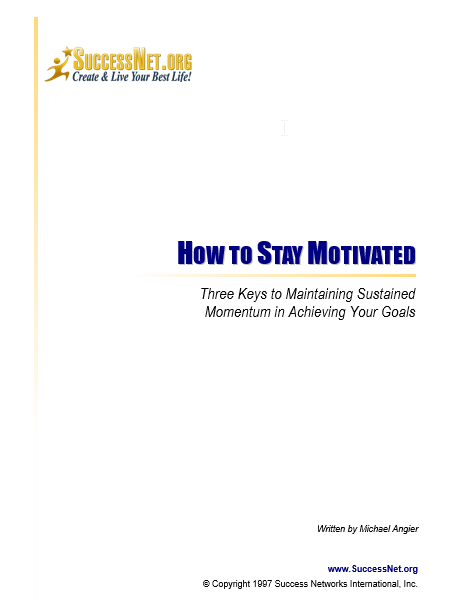A reader from the Middle East wrote to me recently asking how he could improve his self-image. He said that it was very low, that, “it ruins my social and professional life.” He wanted to know what techniques he could employ to solve this lifelong problem.
I felt somewhat inadequate in my reply to him and resolved to write about my own struggles to improve self esteem in hopes that it will be helpful to others.
The dictionary says that esteem means, “to regard with respect; to prize, to appreciate. To recognize the quality, significance, or magnitude of, to admire greatly; to value.”
I know people who have too much confidence and self-pride, but I don’t know ANYONE with too much self-esteem. Most people, in moments of profound honesty, will admit to a lack of self-esteem. They would like to feel better about themselves—more confident and capable—in short, to love and appreciate themselves more.
It would probably be fair to say that most social problems are the result—directly or indirectly—of someone’s low self-concept.
Not too many years ago, I was going through a dark time in my life. I was broke—financially, personally, socially—maybe even spiritually. In describing it to someone not long ago, I said that I had the self-esteem of a dead rat. That might have been overdoing it a bit—but not much.
My life—and my confidence—is much better today—WAY better.
So what changed? Was it outward circumstances? Did my environment change and with it my inner experience? No.
Somehow I knew that for things to change I would have to change. It would be an inner transformation that would eventually alter the outward experience. And I also had the confidence in Universal Principle that I would get the results I wanted if I followed the rules.
Some of the things I did unconsciously. Others were done with deliberation.
First and foremost, I removed myself from people who had been particularly critical. By distancing myself from this criticism, I was able to gain a better perspective. I was perfectly capable of taking my own inventory and didn’t need someone else pointing out my errors and keeping me focused on my shortcomings.
I immersed myself in good books—books of inspiration, books that increased my belief and books that gave me hope. And hope was severely lacking.
A good therapist helped me to see myself in a better light. Because he wasn’t involved emotionally in my problems, he was able to see things differently. He would often point out that things weren’t nearly as bad as they appeared to be.
I made a conscious attempt to focus on what I was good at: my talents, my experience and my knowledge. I didn’t allow myself to indulge in negative thoughts. When I found myself musing about something less than “uplifting”, I would redirect myself to something else. I gave myself no permission to have “pity parties.”
I took to heart Thomas Carlyle’s advice when he wrote, “Our main business is not to see what lies dimly at a distance, but to do what clearly lies at hand.” I kept busy. I did what appeared to me as needing doing. I didn’t know exactly what I wanted to do or how I was going to do it. The future was uncertain and for the first time in my life I didn’t have a plan. Like the AA program, I took one day at a time.
What lay at hand was to do my best at cleaning up my messes, do what I could to make things better, keep my focus forward instead of backward and keep the faith.
One of the biggest awareness’ I had during these dark times was that I WAS NOT my feelings. I HAD feelings, but they were not me. I also realized that I had cared too much about the opinions of others. I still care; I just don’t let it run me like it used to.
Some people believe that if you feel good about yourself, you’ll do great things. That may be true, but I also believe that if you do great things, you’ll feel good about yourself—and do even greater things.
Self-esteem is an upward or downward spiral. What you do affects the way you feel. How you feel affects the things you do. The things you do affect what you and others think of you, which in turn affects how you feel about yourself.
You’re either building yourself up or tearing yourself down. There is no status quo when it comes to your self-image.
Best Life Truth: In order for things to change, you have to change.
Recommended Resource – Free Report
How to Stay Motivated: 3 Keys to Maintaining Sustained Momentum in Achieving Your Goals
Living our best life demands that we be self-motivated. No one else is going to provide it for us. If we’re going to be successful, we must be proactive. We need motivation that keeps us going through the discouraging times. This report shows you how to stay motivated.


